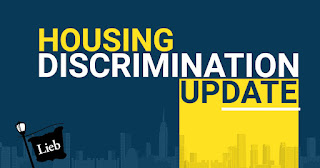During the interview, Lieb emphasized the lack of surprise surrounding Trump's involvement in the probe, citing previous cases involving the Oath Keepers and Proud Boys leaders as precedent. He noted the existence of an active Grand Jury in Washington, D.C. together with the target letter, indicating the likelihood of future charges against Trump.
Lieb highlighted the potential consequences of multiple indictments, discussing the existing charges in New York and Florida. He acknowledged the differing jury compositions in Washington, D.C., and Florida, underscoring the impact of juries on legal proceedings compared to media influence on public perception.
Regarding the implications of facing charges in multiple jurisdictions, Lieb differentiated the New York case, centered around false business records, from the cases in Washington, D.C., and Florida. He also alluded to the possibility of future charges in Georgia and New Jersey, outlining the significant challenges Trump could face if indicted on multiple fronts.
Lieb stressed the importance of patience and cautious evaluation of official indictments. He recommended relying on credible sources such as the PACER system for accurate information on federal court filings.
